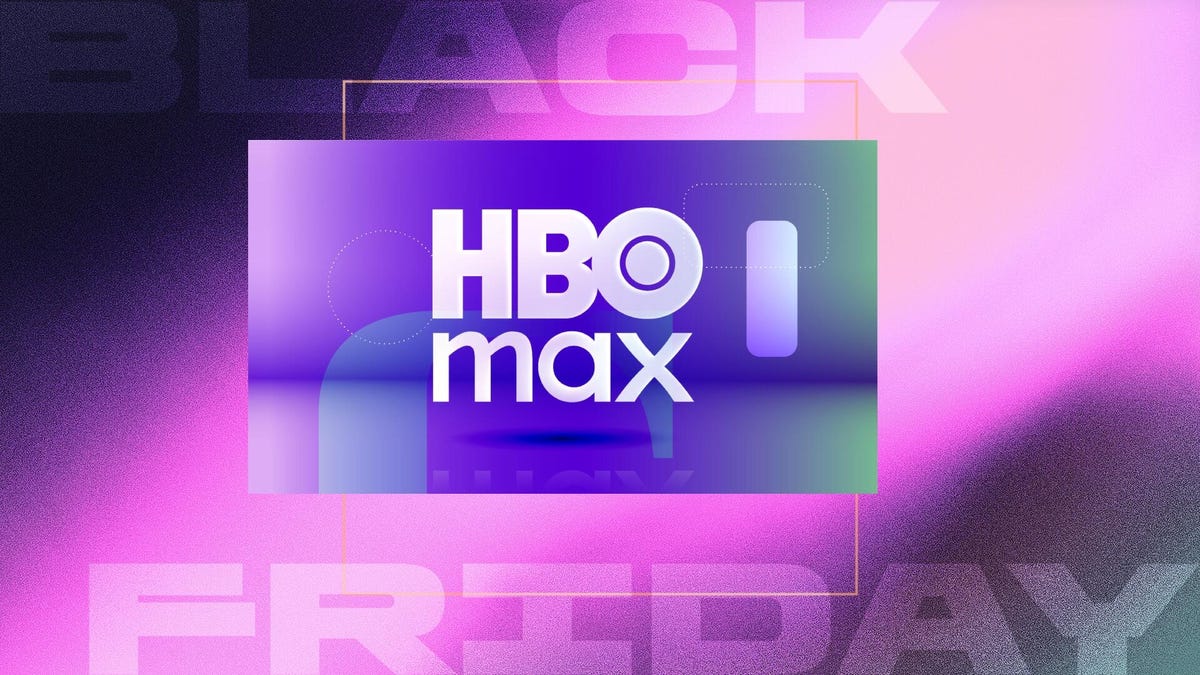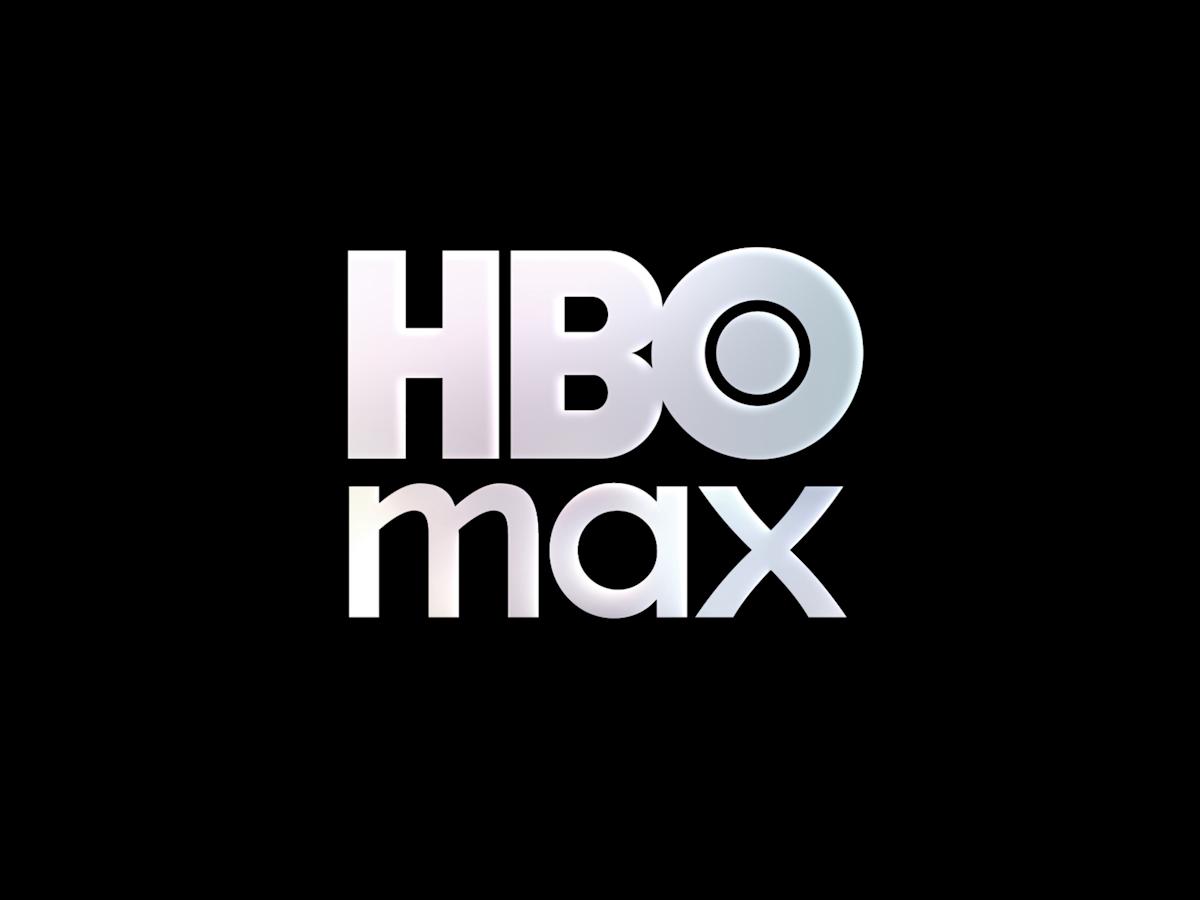They Think You’re a Fool
So, the email hits your inbox. The banner ad flashes in your feed. HBO Max, the prestige streamer, for a measly three bucks a month. Thirty-six dollars for a whole year. It screams “deal of a lifetime,” a rare moment of corporate generosity in a year where every single company, from Netflix to your local grocery store, has been squeezing you for every last cent. They want you to feel smart, like you’re getting one over on the suits in some distant boardroom. They want you to click that button without thinking.
Don’t.
This isn’t a gift. It’s a trap. It’s a beautifully wrapped Trojan Horse pushed to your digital doorstep by a company in a state of absolute, panic-driven chaos. Warner Bros. Discovery isn’t giving you a discount out of the goodness of their hearts; they are buying your complacency for a year. They are paying pennies on the dollar to lock you into their ecosystem before they finish gutting it for parts and transforming it into something you won’t even recognize. This isn’t a Black Friday deal. It’s a fire sale for the soul of a once-great entertainment giant, and they’re hoping the smoke from the flames blinds you long enough to get your credit card information.
A Quick Trip Down a Memory Lane They’re Trying to Erase
Remember what HBO was? It wasn’t just TV. It was a cultural institution built on a simple, revolutionary promise: no commercials, no compromises, just the best storytellers with the biggest budgets telling the most ambitious stories imaginable. The Sopranos. The Wire. Game of Thrones. It was the undisputed king, the gold standard that every other network and fledgling streaming service tried, and usually failed, to emulate. It was a brand that meant quality.
Then came HBO Max. For a glorious, brief moment, it felt like the ultimate fulfillment of that promise. Not just the HBO library, but the entire Warner Bros. vault. DC heroes, classic Hollywood movies, Criterion Collection films, Studio Ghibli, Looney Tunes. It was a staggering, almost overwhelming treasure trove of cultural history and pop-culture dynamite, a library so deep and impressive it made Netflix look like a dusty Blockbuster bargain bin. It was expensive, sure, but you knew what you were paying for. You were paying for the best.
Enter the Vulture Capitalist
And then the merger happened. AT&T, a telecom giant that never really understood the entertainment business, spun off WarnerMedia and merged it with Discovery, the home of reality TV shows like Dr. Pimple Popper and 90 Day Fiancé. At the helm of this new monstrosity, Warner Bros. Discovery, stood David Zaslav. A man who isn’t a storyteller or a creative visionary, but a ruthless bean counter whose entire career has been built on cutting costs and maximizing profit above all else. His philosophy is terrifyingly simple: content isn’t art; it’s an asset on a balance sheet to be leveraged, exploited, or deleted to save a few bucks on taxes and residuals.
The bloodbath began almost immediately. The first sign that something was deeply, fundamentally wrong was the unceremonious cancellation of Batgirl, a nearly-completed $90 million movie. They didn’t just decide not to release it; they decided to delete it from existence, to lock it in a vault forever so the company could take a tax write-off. Think about that. They destroyed a piece of art, the work of hundreds of creators, simply because it was financially more convenient than letting people see it. That was the canary in the coal mine. A warning flare that signaled the new regime saw its own library not as a source of pride, but as a liability.
The Great Content Purge
What followed was a systematic, soul-crushing purge. Dozens of shows and movies started vanishing from HBO Max overnight, often with no warning. Critically acclaimed, beloved series like Westworld, The Nevers, Raised by Wolves, and the charming comedy Minx. Gone. Hundreds of episodes of classic cartoons like Looney Tunes and The Flintstones. Vanished. A huge slate of original movies made exclusively for the platform. Poof. They were memory-holed, removed not just from the service you paid for, but often from digital purchase and physical media altogether, making them impossible to watch legally. Why? To avoid paying royalties and residuals to the very people who created the content that made the platform valuable in the first place.
It was a profound act of cultural vandalism and a spit in the face to every single subscriber. You paid for access to a library, and the owners of that library started secretly carting the books off to an incinerator in the middle of the night to save a few dollars. The implicit trust between the service and the consumer—that the content we love will be there when we want to watch it—was shattered. Utterly. They showed us, in no uncertain terms, that nothing is safe and that our subscription money guarantees us nothing.
So Why the ‘Generous’ Deal?
Which brings us back to this shiny $3/month deal. After a year of alienating their customers, destroying their brand’s reputation for quality, and treating their own library like garbage, why are they suddenly so desperate for your business? The answer is simple and cynical.
One. They need to juice their subscriber numbers. Wall Street obsesses over subscriber growth, and after a year of terrible press and user backlash, they need a big win to show investors for their fourth-quarter reports. They need to be able to say, “Look! People are flocking to our service!” This cheap deal is a short-term, artificial way to pump up those numbers and make it look like the Zaslav strategy is working, even as the platform itself rots from the inside out.
Two. It’s about normalization. This deal is specifically for the ‘Basic With Ads’ plan. They are conditioning you, the consumer, to accept commercials as a standard part of the “prestige TV” experience. They get you in the door for cheap, get you used to ad breaks interrupting your shows, and then when the price inevitably skyrockets next year, you’re more likely to just accept it. You’ve already been assimilated. They make more money from you via ads and your subscription than they would from a full-price ad-free subscriber. You are the product.
Three. It’s a preemptive strike. The great, horrifying merger of HBO Max and Discovery+ into a single service, simply called “Max,” is coming. It’s going to be a chaotic, Frankenstein’s monster of a service, where the cinematic brilliance of HBO sits uncomfortably next to a thousand hours of cheap, vapid reality television. They know a lot of people are going to hate it. They know the brand dilution will be toxic. So what do they do? They lock you into a one-year contract *before* the worst of the changes happen. By the time you realize you’re paying for a service where House of the Dragon is advertised next to Naked and Afraid, it’s too late. They’ve already got your money for the year.
You Get What You Pay For
So go ahead, consider the deal. But know what you’re buying. You’re not buying a year of the old HBO Max. You’re buying a one-year ticket on a sinking ship. You’re paying for an unstable, ever-shrinking library that could see your favorite show disappear tomorrow without a word. You’re paying to watch ads. And most importantly, you’re giving a vote of confidence to a corporate strategy that holds artists, art, and the audience in complete and utter contempt. This deal isn’t a bargain. It’s an insult. And they’re betting you’re cheap enough to take it.


